What do you think?
Rate this book
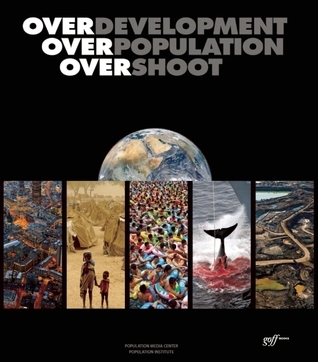

330 pages, Hardcover
First published May 12, 2015



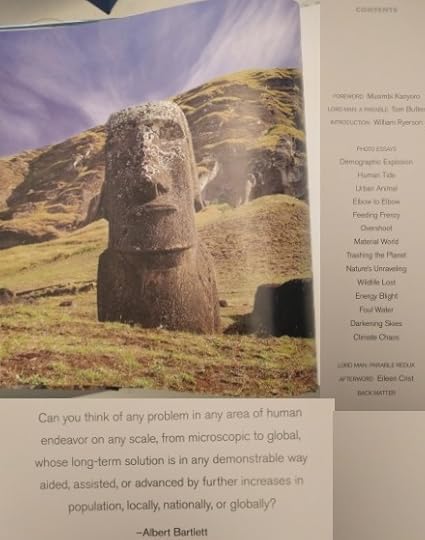
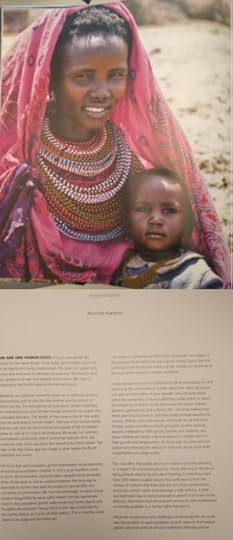


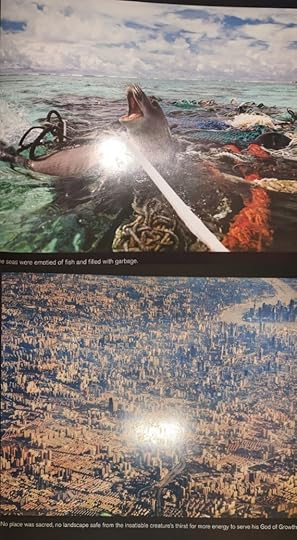
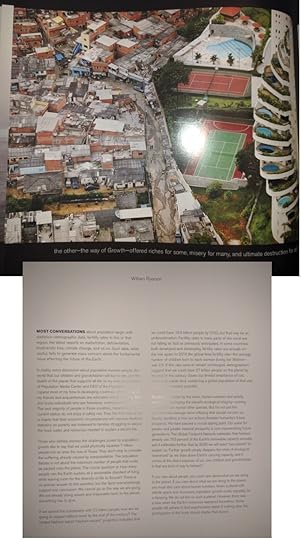


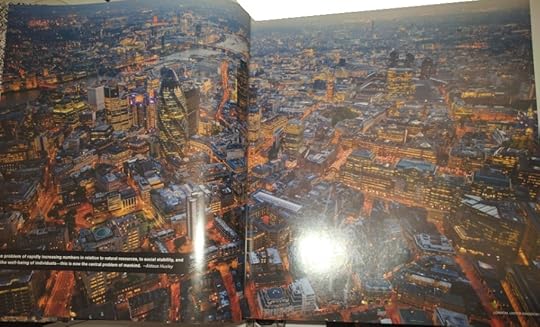
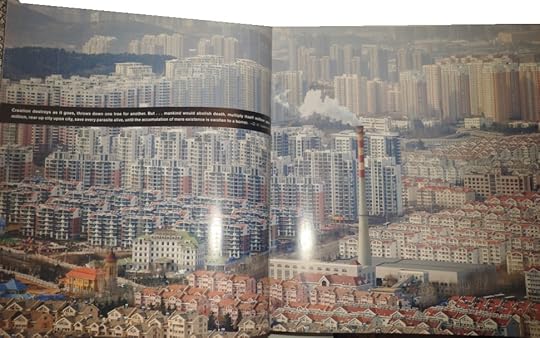
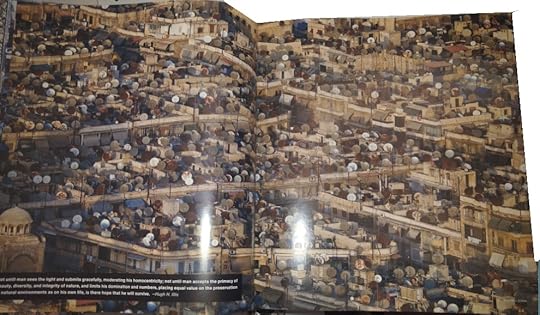
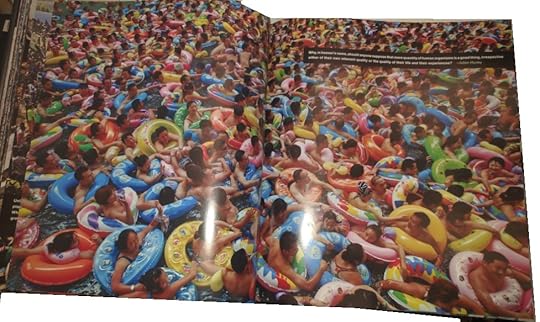
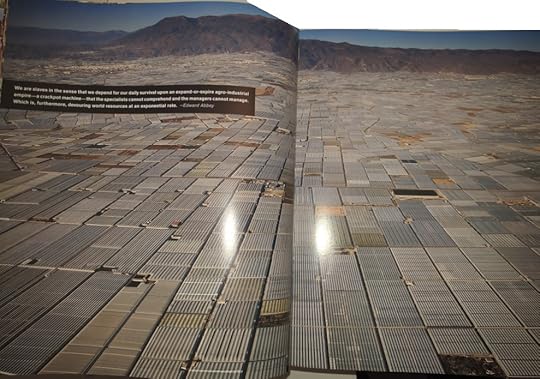

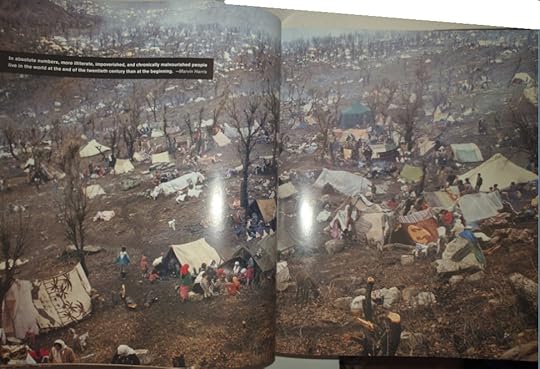
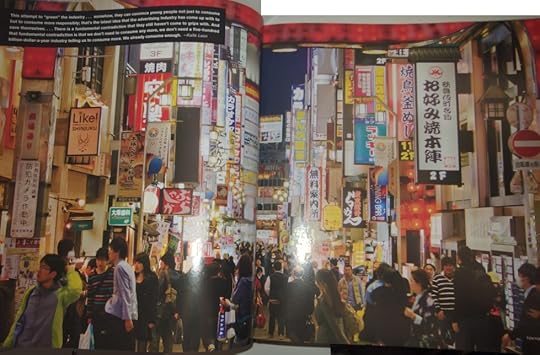
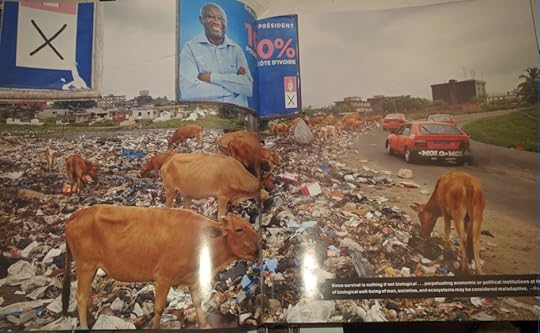

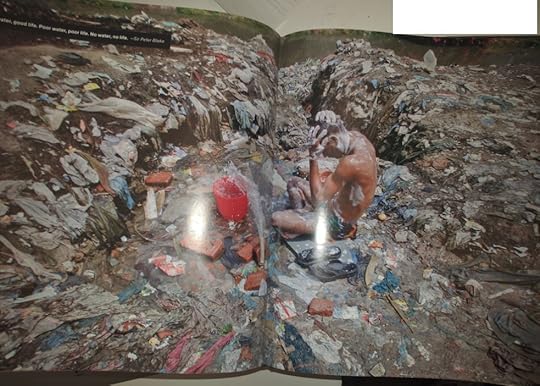
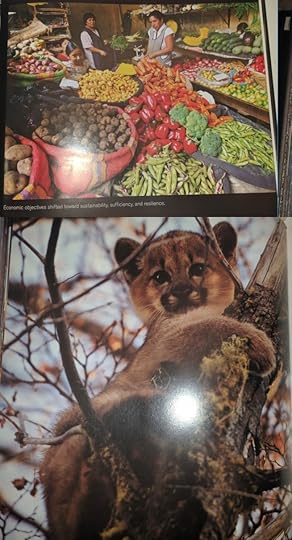


"We need an authentic green revolution. Instead of holding demographic growth as given, and a biosphere-wrecking food system as normal, let’s imagine what the world could look like if we actively renounced both. Such a world would be dramatically more beautiful and sane following expansive rewilding—with abundant food, ecologically and ethically produced; with streams, rivers, lakes, and estuaries returned to being living waters; with deforestation halted and grassland ecologies reinstated; with the extinction crisis arrested and seas thriving again with Life; and with climate change made more manageable via carbon-sequestering forests and grasslands and decelerated emissions. If all these things can be achieved, what is keeping us from pursuing such a world? Indeed, what is detaining us from creating a civilization in harmony with wild Earth?"I'd highly encourage everyone to view the book and learn more about these issues on Speak Out's website: https://populationspeakout.org/